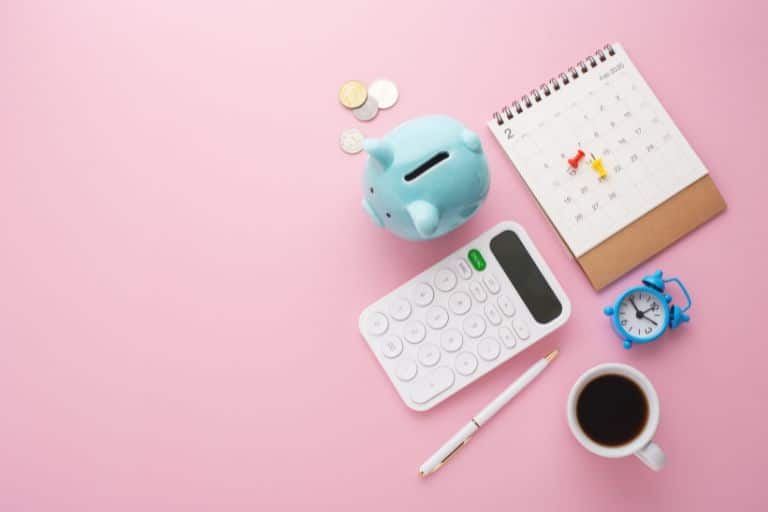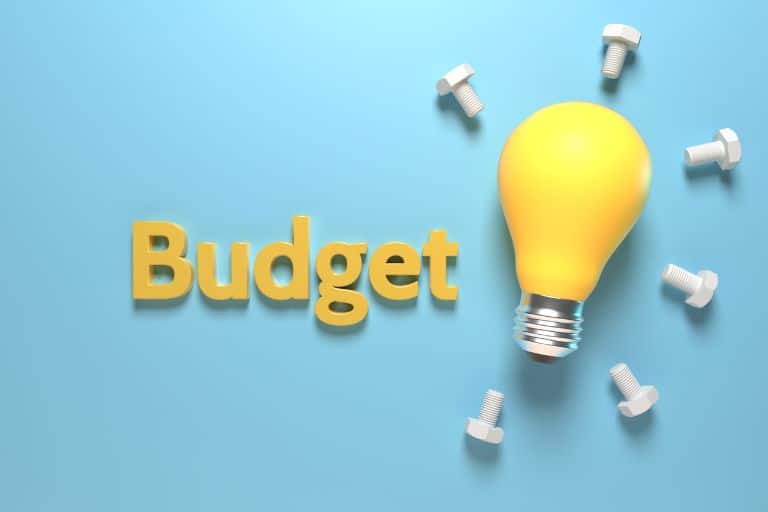So you know where you’re at with your money, hell yeah, you’ve got your money management worksheet and your credit cards are in order. It’s tempting to s-p-e-n-d what’s left once you’ve paid your bills but step away. It’s now time to start to save some of your hard earned spondoolies.
Cue my 7 ways (and then you can go wild).
1. PAY YOUR SALARY INTO A SAVINGS ACCOUNT
Now, this I thought was genius. I can’t take credit for it, me not being a genius n all. This gem, I believe, was one of the methods, I heard about from David Bach. A financial expert and New York Times best selling author. Pay all your salary into an instant access savings account.
If you think about it, this is a great psychological hack. Every time you withdraw your money you’re depriving yourself of your savings. Tick Tock. Obviously, the plan is to leave in as much as possible each month and let it build up.
2. PAY YOURSELF FIRST
If you don’t think you have the willpower for the full on savings immersion i.e. you know that you’ll be lucky to have a tenner left in there by the time it comes to payday, then jump into the more set in stone, pay yourself first. A term that came into being courtesy of Robert Kiyosaki and Rich Dad, Poor Dad.
The normal way we save is to pay all of our bills first and then if we’re lucky aka refrained enough, to have some money left over from socialising, going on trips and shopping, we pop that into our savings pot. There’s that tenner again. Not with this method. Oh no siree. Instead open a separate designated savings account. Automate payment into it each month on (here’s the key) payday. You should aim for 10% or more but if that’s a stretch start at 5% with a view to increase the percentage as soon as you can.
3. ROUND UP APPS
Round up apps are money apps that make it very easy for you to start to save. This is where you round to the nearest £1 (or sometimes more depending on how you’ve set it up). So if an item cost £7.50 the round app up will bump it up to £8.00 with the remainder going into your savings pot. You link the app up with your bank account and hey presto. Well, it’s not quite the same as waving a magic wand but it’s not far off as you don’t even notice that you’re saving, so it seems like magic when you see the balance in your pot. You need to set them up first with your savings criteria. Plum is one such app and there’s the free basic version (which I use) and paid versions (Pro, Ultra, and Premium). Paid having more bells and whistles along with each one accruing higher interest returns.
There are 6 rules that you can use to set up your money rules criteria.
An investing option is also offered but I fess up that I haven’t used that so I would suggest that you do your research if investing is the way you want to go with Plum as well.
Revolut proffer Spare Change as their round up method of saving and Moneybox is another rounding app.
4. IT’S THE SMALL STUFF (OR NOT AS THE CASE MAY BE )
I’m not proud to say that I had a recurring monthly membership that I barely used. Fast-forward a few years later when they cancelled it. Even then, that was only because the website ceased to exist and not because they felt sorry for me. Oops. Are you in the same loop?
How’s your coffee intake? A couple of latte concoctions in a working day, and, before you know it, you’re heading towards £150 a month out of your account for your morning and afternoon fix.
Are you a keen book buyer? Why not join your local library, and while you’re there, you can check out the best personal finance books for 2023 and more from female wealth experts.
Contrary to popular belief, when it comes to finance, it’s a case of sweat the small stuff as it’ll set you on the path for not only your start to save for a rainy day, but for every day.
5. RENEWALS
Renewals, car insurance, annual travel insurance, utility lock-in rates, boiler serving. Basically anything that’s an annual rolling contract. Rules implemented by the Financial Conduct Authority (FCA) at the beginning of 2022, forbid home and car insurers from charging more to loyal customers than newbies. Thank goodness. I always thought that was shocking. Deep breath, I will refrain from having a rant. You should receive a renewal notification but take ownership and diarise to shop around for the best deals a few weeks before your policy renews. Check out Uswitch, and Compare the Market.
6. LOOSE CHANGE
Not keen on linking your bank account with a round up app? Then go for the retro start to save DIY version. Nab yourself a big jar, bottle, or piggy bank and throw all your loose change in. There’s something satisfying about watching it fill up. Once it’s to the brim then take it to the bank to convert into notes. Alternatively, you could check out Coinstar. Coin changing machines generally located within supermarkets, but heads up that this is fee-based, between around 11% – 9%. The latter for a charity donation. Pour your coins in and receive a voucher to exchange for cash. Important – make sure you redeem your voucher on the same day as it was issued.
7. FOMO
Shouty 2-for-1 signs, promotions that encourage you to spend more, when you know one item will last you going on a year, and free workshops that turn out to be hmm not quite so free. After 5 hours of listening to sales guff, you look like you’ve gone into a trance. Now if you go along to sign up for something that will be of benefit and a great return on your investment, then fill your boots. But. If FOMO kicks in and before you know it you’re chomping at the bit to get to that there table first to sign up and hand over your hard earned cash, may I suggest you tie your ankles together. Newsflash – everyone wants your cash.
So over to you, what’s your go-to start to save technique? Do let us know in the comments!





